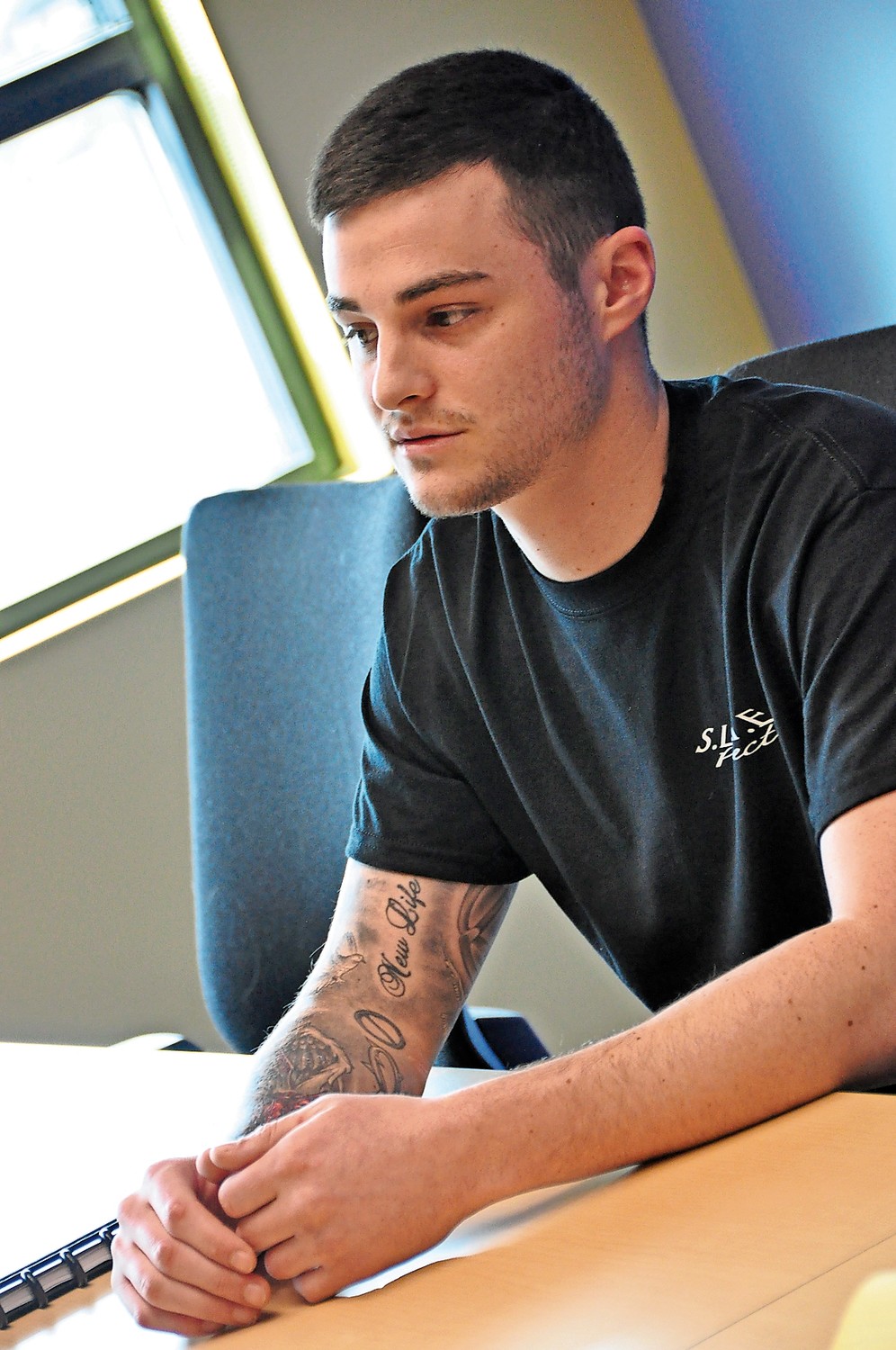RVC’s Confide Counseling offers new way to fight opioid addiction
Begins administering Vivitrol injections through Rebound New York
Rockville Centre’s Confide Counseling Center, which specializes in helping people overcome various forms of alcohol and substance abuse, will now offer on-site injections of Vivitrol, a drug being used to fight opioid dependency.
The Vivitrol shots were slated to be first administered on Jan. 8, and will be made available to patients every 28 days through Rebound New York, which offers an addiction treatment unit on wheels that travels to patients around the state.
Opioids are a class of drugs that include the illicit drug heroin as well as prescription pain relievers like oxycodone, hydrocodone, codeine, morphine, fentanyl and others. Vivitrol is a non-addictive, once-monthly treatment proven to prevent relapse in patients addicted to opioids when used with counseling after detoxification. It is meant to block opioid receptors in the brain while people work with the psychological aspects of counseling.
Confide provides one-on-one and group counseling to between 70 and 85 people per month, according to Wanda Florentino, supervisor at Confide. The patients range in age from 14 to the elderly, she said, but the majority are in their 20s and 30s.
Opioid use has gone up in recent years, Florentino added, estimating that half of the patients at Confide are there to treat an opioid addiction, while the other half struggle with alcohol dependency.
“A lot of them come in only presenting alcohol and cannabis use,” she said, “and then as we go along in treatment, they start to disclose heroin use or cocaine use in the past.”
Nonmedical use of prescription opioids more than doubled among adults in the United States from 2001 to 2013, according to a study by the National Institute on Alcohol Abuse and Alcoholism. Nearly 10 million Americans, or 4.1 percent of the adult population, reported using opioid medications in 2012-2013 without a prescription or not as prescribed. This was an increase from 1.8 percent of the adult population in 2001-2002.
More than 11 percent of Americans reported nonmedical use of prescription opioids at some point in their lives, the study found, a considerable increase from 4.7 percent 10 years prior.
Naltrexone was first approved to treat opiate dependence in 1984, and was approved to treat alcohol dependence in 1994. Vivitrol, an intra-muscular, long-acting, injectable form of naltrexone, was developed in 2005 and FDA-approved to treat alcohol dependence in 2006. It was approved to treat opiate addiction in 2010.
“Patients with opiate addiction who receive a Vivitrol injection cannot experience ‘getting high’ for 28 days and report significant reductions in cravings for opiates,” Rebound New York states on its website. “Alcoholic patients who receive a Vivitrol injection experience significant reductions in cravings for alcohol and are less likely to drink heavily if they relapse.”
Rebound New York requires that patients who receive a Vivitrol injection remain in treatment. “Not every patient is a candidate for Vivitrol,” Florentino said. “It has to be somebody who’s motivated to do it. It has to be someone that will continue to attend treatment.”
Many Rockville Centre parents have called Confide not knowing where to send their children who are struggling with addiction, Florentino said, and the new offering of Vivitrol could benefit addicts looking for other options.
The main alternative to Vivitrol is Suboxone, a daily medication that addicts administer to themselves. But Suboxone can be addictive and cause “severe” withdrawal symptoms, said Steven Dodge, an Oceanside High School graduate and former drug addict who started the Saving Lives from Addiction through Treatment and Education Project to educate youth about the dangers of substance abuse.
“In comparison, it’s not abusable,” Dodge said of Vivitrol, “because Suboxone you administer to yourself everyday, so you can choose to not take it one day, whereas Vivitrol’s administered by a doctor once a month as an injection so once you take it, for a month you’re blocked.”
He emphasized though that counseling in conjunction with Vivitrol is crucial. “One day you’re going to get off Vivitrol and you’re going to need a solid foundation underneath you,” Dodge said.
Florentino explained that some addicts would sell Suboxone instead of taking it, which could lead to relapsing and overdosing. But with the Vivitrol injections, Confide can now accept those who have sought to seek the treatment in the past.
“It’s in-house,” she said. “We like giving parents the opportunity to come and explore that instead of just having to send their kids someplace else.”






